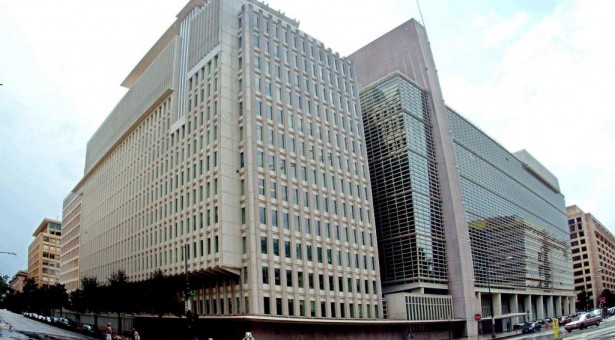The World Bank has approved $140 million additional support
for community development in Nigeria.

Twenty six out of 36 states of the federation are to benefit
from the project which will focus on the most vulnerable households in the
country.
A statement by the Bank says the additional financing is
expected to fund micro-project such as rehabilitation and construction of
school class rooms, skills acquisition, environment, health, rural
electrification, transport, water and rural market infrastructure amongst
others.
Vulnerable groups that will benefit from the grants are
internally displaced poor persons, marginalised or chronically poor households,
widows and the physically challenged.
“This project will not only help vulnerable people including
those in conflict-affected areas in the short term, but will also help build
long-lasting partnership between local governments and communities.
“In addition, it will help integrate communities as well as
make smart investments in people for the future,” the World Bank Task Team
Leader for the project, Foluso Okunmadewa, said.
The first phase of the Community Social Development Project
(CSDP) which benefited over 5,600 communities and about two million people in
26 states of the federation is to close in December 2014
The World Bank Country Director for Nigeria, Marie Francoise
Marie-Nelly, said that a recent assessment of the Project showed that school
enrolment, immunisation, and access to electricity and safe water had all
increased in communities that benefited from CSDP.
“In this new phase, the project will focus mainly on the
most vulnerable people, in line with the World Bank’s mission to end extreme
poverty and boost shared prosperity,” Marie-Nelly said.
The new phase of the Community and Social Development
Project (CSDP) will end on December 31, 2017.
The grant is coming days after Nigeria was added to World
Bank’s list of extremely poor nations of the world, a development that the
Nigerian Minister of Finance, Dr Ngozi Okonjo-Iweala, insisted should not worry
Nigerians.
No comments:
Post a Comment